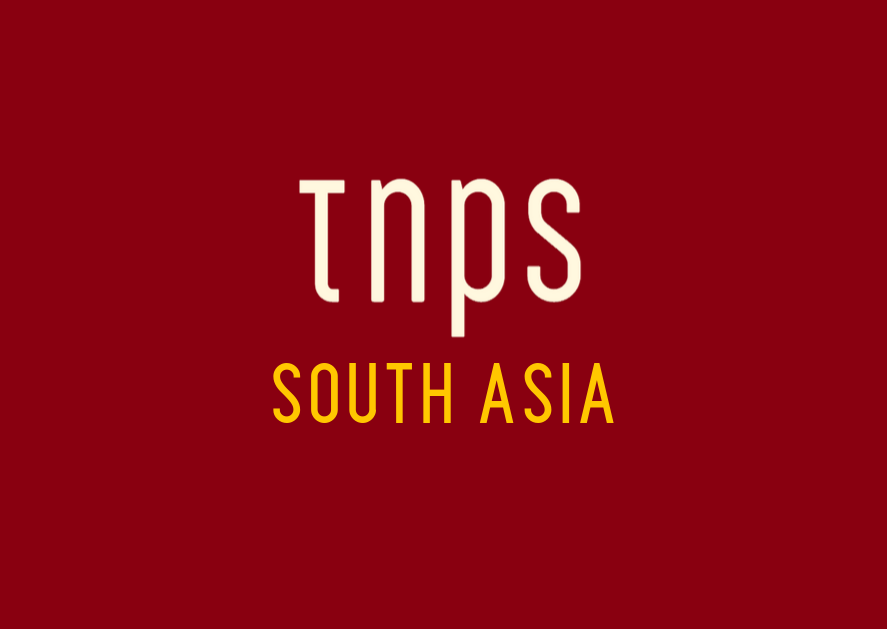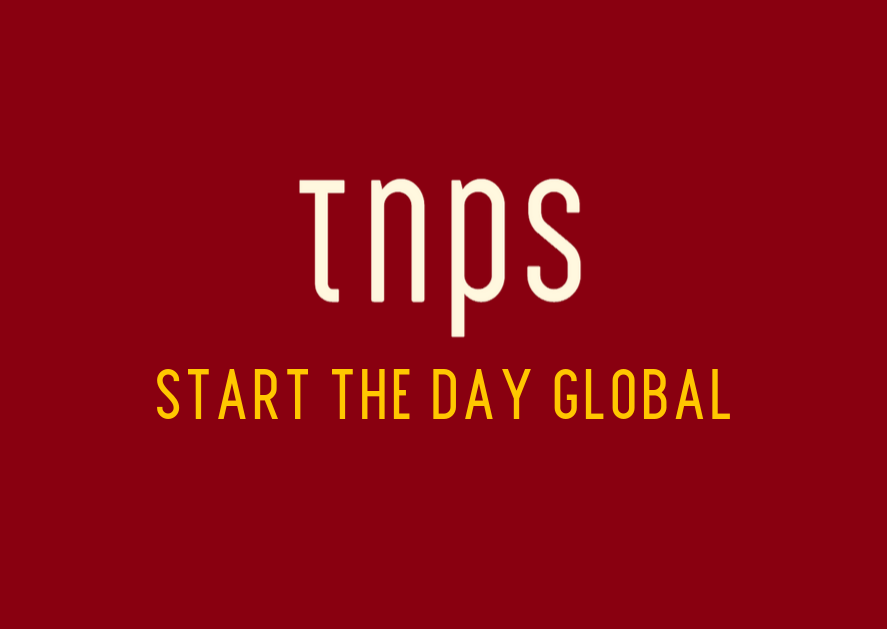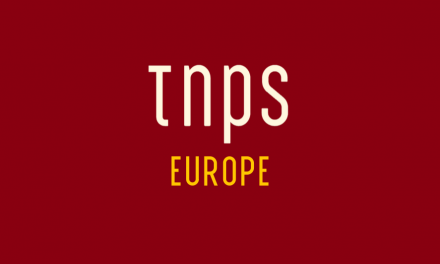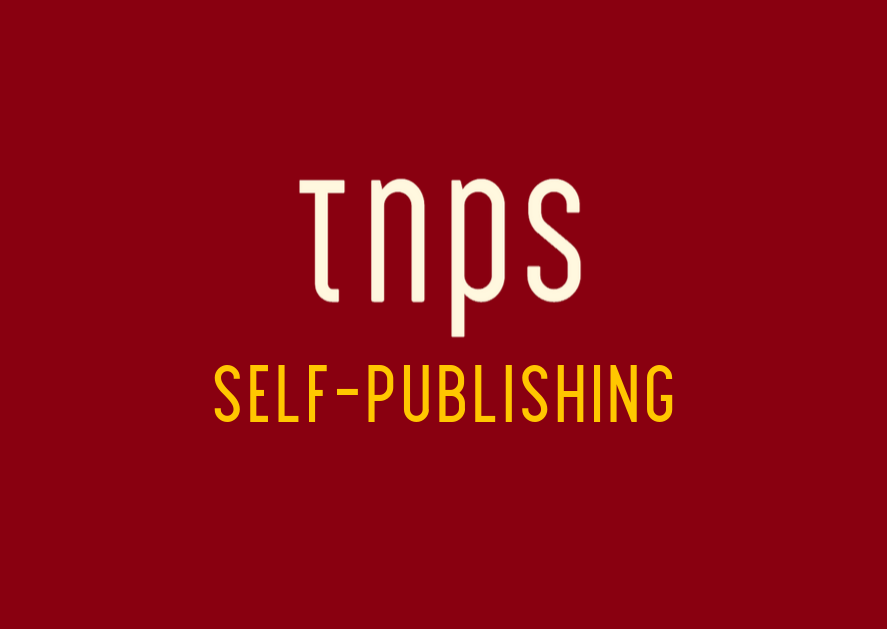In Pakistan, where internet penetration is still at just 44.7%, it’s easy to lose sight of the fact that that already equates to over 100 million people online – an incredible opportunity Pakistan’s publishers have yet to rise to.
The 16th incarnation of the Karachi International Book Fair (KIBF) is underway at Karachi Expo Centre, running December 30 through January 3, and while this year won’t break any attendance records amid the ongoing pandemic, even so a crowd of 400,000 is expected over the five days.
That’s around 80,000 booklovers a day turning out for a book fair in Pakistan, and bear in mind that will be a relatively low turnout for this event, which attracted 600,000 visitors in 2017.
Aziz Khalid, chairman of the Publishers and Booksellers Association Pakistan, reports over 330 exhibitors this time around, with 40 of those from outside the country.
Per Aziz,
The KIBF brings together publishing and distribution houses, domestic and international publishers, booksellers, librarians, and institutional customers onto a single platform. The publishers from Iran, India, Turkey, Singapore, China, Malaysia, England, the UAE, and other countries will be attending the event.

The 16th KIBF, Khalid said in a pre-launch press conference, will mark efforts to become a player on the international publishing scene through “an exchange of professional expertise”, adding,
Fairs are not only book exhibits anymore; international book fairs are very important forums not only for publishers but also for the government agencies, missions as an effective tool for diplomacy.
Talk of a “culturally flourishing future” was not explained in detail, but one hopes this event will also mark a shift in the Pakistan publishing industry’s perspective of what books are for, and that there is more to publishing than just, as we usually hear at South Asian industry events, the pursuit of knowledge and learning.
No mention anywhere of how digital might play a role, and likely digital will remain low-key, where it is present at all, with Pakistan’s publishing industry among the many around the world that has yet to grasp the significance of its huge digital-user base. In the case of Pakistan, where internet penetration is still at just 44.7%, it’s easy to lose sight of the fact that that equates to over 100 million people online – an incredible opportunity Pakistan’s publishers have yet to rise to.
With AI (artificial intelligence) set to see audiobook production prices plummet this decade there is an exciting opportunity for Pakistani publishers to clamber on board one of the most exciting developments in publishing since the invention of the printing press.
Freed from the need for expensive and awkward cassette or disk players, audiobooks have in a few years gone from being a publishing service for the visually impaired to a key driver of the global publishing industry, with 2030 projections for audio (audiobook and podcasting) ranging from $20 billion to $50 billion.
Digital audio opens up new tranches of market opportunity to bring books not just to people too busy to read but also the millions who are reluctant readers or who have never had the privilege of learning to read.
Around the world publishers are seeing triple-figure growth in audiobook consumption and revenue, with subscription streaming proving extremely popular in markets including neighbouring India, now the world’s third largest audio market after the USA and China, as well as one of the worlds largest ebook markets.
The impact of the continuing Covid-19 pandemic has accelerated the rise in digital books consumption worldwide, and many publishers globally that has previously eschewed digital are now rushing to be part of this new market sector.
Pakistani publishers should too.





